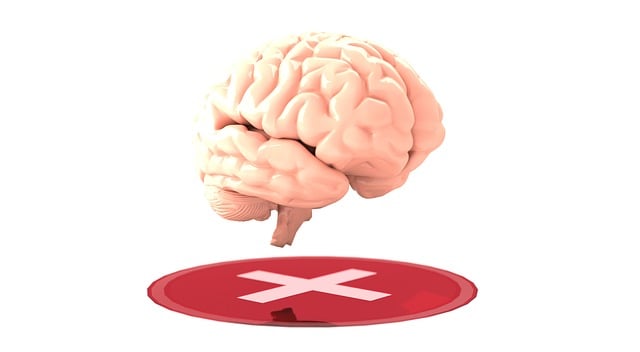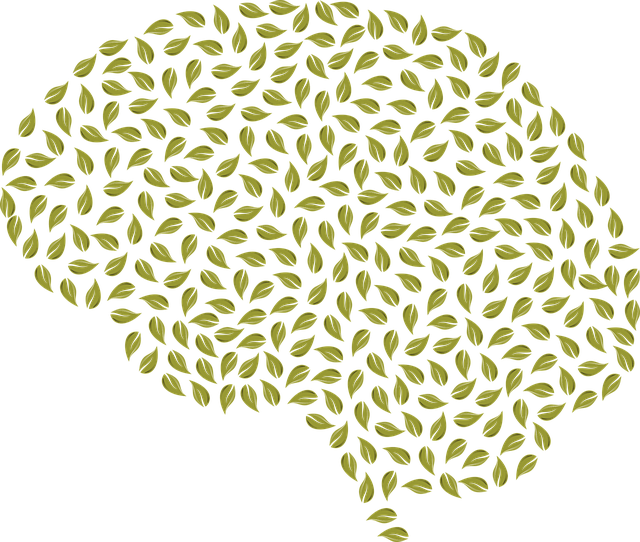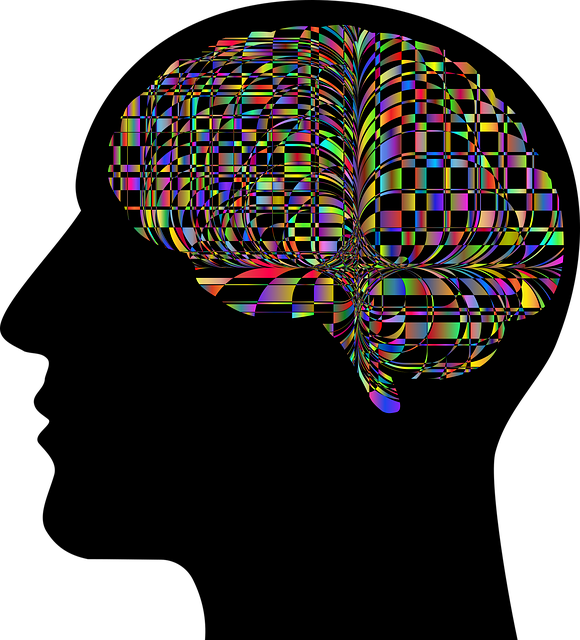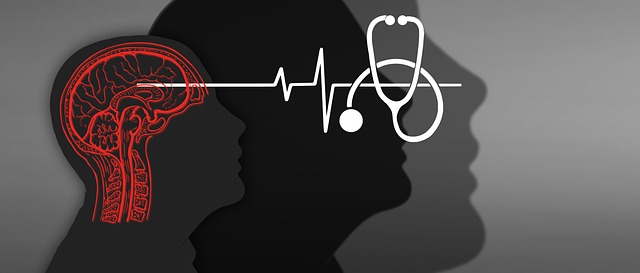Aurora Codependency Therapy (ACT) is a revolutionary approach to social skills development for individuals with mental health conditions, focusing on communication, active listening, empathy, and boundary setting. By teaching self-awareness exercises and integrating mental health education, ACT empowers clients to improve coping strategies, enhance emotional intelligence, and navigate social situations more effectively. Through structured programs, personalized exercises, community outreach, and mindfulness practices, ACT fosters deeper connections, stress management, conflict resolution, and positive relationship cultivation, ultimately improving mental well-being and life satisfaction.
Social skills training is a powerful tool for managing mental health conditions, fostering better relationships, and enhancing overall well-being. This comprehensive guide explores the significance of social skills in mental health, with a particular focus on Aurora Codependency Therapy (ACT) as an effective approach. We delve into practical strategies to improve social interaction, offering insights for individuals navigating their mental health journey. By understanding and developing these skills, one can create a supportive network, boost confidence, and achieve greater life satisfaction.
- Understanding Social Skills and Their Impact on Mental Health
- The Role of Aurora Codependency Therapy in Building Social Competence
- Practical Strategies for Enhancing Social Interaction and Well-being
Understanding Social Skills and Their Impact on Mental Health

Social skills are a crucial aspect of human interaction and play a significant role in our overall well-being. They encompass a range of abilities that facilitate communication, connection, and collaboration with others. For individuals living with mental health conditions, understanding and developing strong social skills can be transformative.
In the context of Aurora Codependency Therapy, addressing social skills is integral to fostering healthy relationships and managing symptoms. Many mental health disorders can impact an individual’s ability to navigate social situations, leading to feelings of isolation and exacerbating emotional distress. By teaching effective communication techniques, active listening, empathy, and appropriate boundary setting, therapy empowers clients to build resilient support networks. This, in turn, aids in burnout prevention, enhances emotional intelligence, and promotes better emotional regulation—all vital components for maintaining mental health and overall life satisfaction.
The Role of Aurora Codependency Therapy in Building Social Competence

Aurora Codependency Therapy (ACT) offers a unique and effective approach to enhancing social skills among individuals with mental health conditions. This therapeutic method focuses on fostering self-awareness exercises, which are pivotal in understanding one’s roles and relationships within social dynamics. By encouraging clients to explore their feelings, thoughts, and behaviors in various social contexts, ACT enables them to develop healthier coping skills and improve their overall social competence.
The therapy is designed to go beyond surface-level interactions by incorporating mental health education programs that teach individuals about the intricate interplay between their emotions, thoughts, and actions. This knowledge empowers clients to navigate social situations more effectively, build meaningful connections, and enhance their ability to communicate their needs and boundaries. Through ACT’s structured yet flexible framework, participants gain practical tools for managing stress, resolving conflicts, and cultivating positive relationships, all of which contribute to a more fulfilling and socially integrated life.
Practical Strategies for Enhancing Social Interaction and Well-being

Social skills training plays a pivotal role in enhancing the well-being of individuals managing mental health conditions. It equips them with practical strategies to navigate social interactions more comfortably and confidently. At Aurora Codependency Therapy, we believe that fostering social connections is not just beneficial but essential for recovery and personal growth.
Our approach includes a combination of structured programs and personalized exercises. We often integrate community outreach program implementations to encourage real-world practice. Self-awareness exercises help clients recognize their triggers and strengths while promoting self-esteem improvement. Through role-playing scenarios, group discussions, and mindfulness practices, individuals learn effective communication techniques, improve active listening skills, and develop a healthier sense of boundaries. These strategies collectively contribute to building a supportive network, reducing social isolation, and enhancing overall mental health.
Social skills training, as demonstrated by the principles of Aurora Codependency Therapy, is a powerful tool in improving mental health. By focusing on building social competence, individuals can enhance their overall well-being and navigate social interactions with greater ease. Practical strategies discussed in this article offer practical guidance for fostering meaningful connections and promoting positive mental health outcomes. Embracing these techniques can lead to significant improvements in social functioning, ultimately enriching one’s life.














